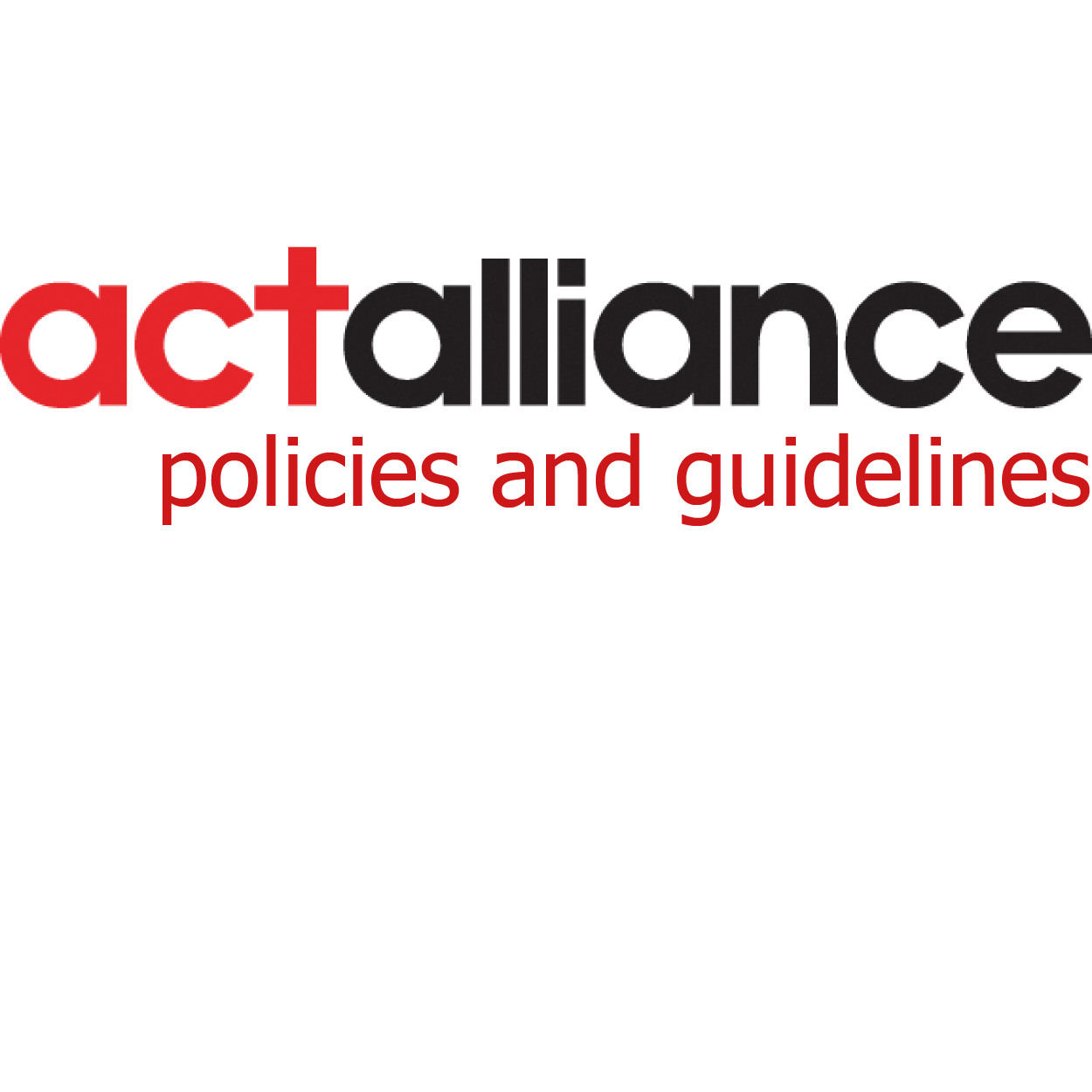[et_pb_section fb_built=”1″ admin_label=”section” _builder_version=”3.22″ global_colors_info=”{}” da_is_popup=”off” da_exit_intent=”off” da_has_close=”on” da_alt_close=”off” da_dark_close=”off” da_not_modal=”on” da_is_singular=”off” da_with_loader=”off” da_has_shadow=”on” da_disable_devices=”off|off|off”][et_pb_row admin_label=”row” _builder_version=”3.25″ background_size=”initial” background_position=”top_left” background_repeat=”repeat” global_colors_info=”{}”][et_pb_column type=”4_4″ _builder_version=”3.25″ custom_padding=”|||” global_colors_info=”{}” custom_padding__hover=”|||”][et_pb_text admin_label=”Text” _builder_version=”3.27.4″ background_size=”initial” background_position=”top_left” background_repeat=”repeat” global_colors_info=”{}”]Advocacy is a means to address power inequalities across the world. The fact that more than one billion people live in extreme poverty demonstrates that economic, political and social structures at all levels – from global to local – are not working for poor people.
While the rich and powerful over-consume their fair share of global resources, unfair economic systems and financial markets hinder the ability of poor countries to promote appropriate and sustainable development models, and prevent poor people from moving out of poverty to a situation of well being. As well as working against poor countries globally, power imbalances and inequalities within countries lead to marginalisation, political oppression and social exclusion.
This policy builds upon the vision statement of the ACT Alliance, that “United in the common task of all Christians to manifest God’s unconditional love for all people, the ACT Alliance works towards a world community where all God’s creation lives with dignity, justice, peace, and full respect for human rights and creation.”
The strategic plan for the ACT Alliance for the period of 2011-2014 establishes “Advocacy for justice” as one of its six strategic aims. The alliance will, in this period, establish foundations for advocacy, support country related advocacy, strengthen humanitarian advocacy, initiate and sustain advocacy on climate change, facilitate joint advocacy work between its members and build ecumenical and strategic alliances.
The purpose of this olicy is to give information and guidance to ACT Alliance members and structures, including national and regional ACT forums, advisory groups and communities of practice the secretariat and governance bodies on how advocacy should be conducted within the ACT Alliance. It is a mandatory policy that applies to all ACT advocacy work. The overall objective is to achieve positive change for the people and communities with whom we work and to promote continuous improvement in the quality of ACT’s work.
The ACT Alliance Advocacy Policy and Procedures is available in English, French and Spanish.
ACT advocacy policy and procedures_ENGLISH
ACT advocacy policy and procedures_FRENCH
ACT Advocacy Policy and Procedures 2011 SP
(Policies and guidelines)[/et_pb_text][/et_pb_column][/et_pb_row][/et_pb_section]
